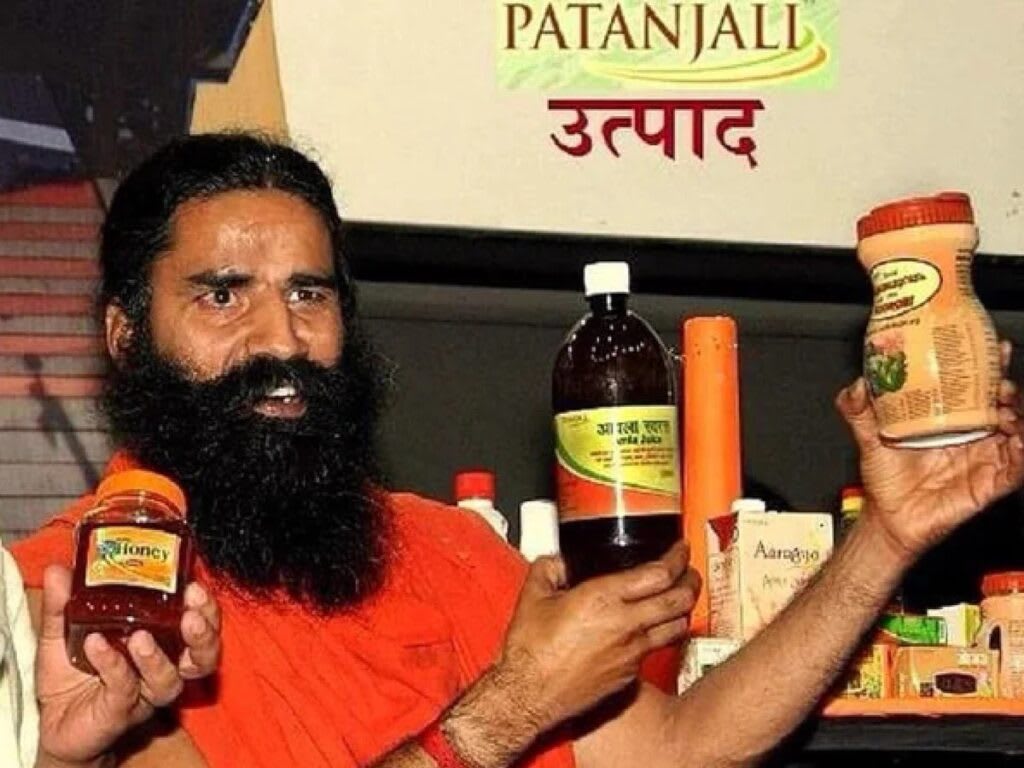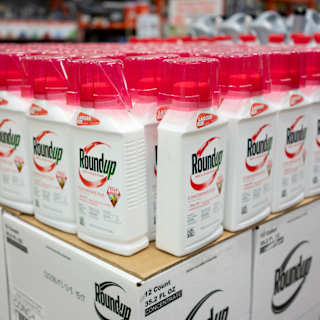- Court Grants Immediate Relief
- Competing Claims Over Authenticity
- Market Stakes and Previous Disputes
The Delhi High Court on Thursday restrained Patanjali Ayurved from broadcasting advertisements that allegedly disparage Dabur's Chyavanprash product, delivering a fresh setback to yoga guru Baba Ramdev's FMCG empire. Justice Mini Pushkarna allowed interim injunction applications filed by Dabur India Limited, marking the latest chapter in an intensifying legal battle between two giants of India's traditional medicine market.

"Applications are allowed," Justice Pushkarna said while pronouncing the order, according to Live Law1. The court has scheduled the next hearing for July 14, when a detailed order is expected2.
The ruling comes seven months after Dabur first approached the Delhi High Court in December 2024, alleging that Patanjali's advertisements undermined its market-leading Chyavanprash brand3. Despite summons being issued in December, Dabur alleged that Patanjali aired 6,182 advertisements in a single week targeting its product4.
Senior Advocate Sandeep Sethi, representing Dabur, argued that Patanjali's commercials falsely claimed their Chyavanprash contained more than 51 herbs while actually using only 472. The advertisements also allegedly contained mercury, raising safety concerns for children, Sethi contended1.
The disputed advertisements featured Baba Ramdev questioning the authenticity of competing Chyavanprash products. According to Bar & Bench, Ramdev stated in the ads: "Jinko Ayurved aur Vedo ka gyaan nahi, Charak, Sushrut, Dhanwantari aur Chyawanrishi ke parampara mei 'original' Chyawanprash kaise bana payenge?"1
Dabur particularly objected to portions where 40-herb Chyavanprash was described as "ordinary," which the company argued clearly referenced its product that claims to contain "40+ herbs"1. The Times of India reported that Dabur argued this amounted to three types of disparagement: misrepresenting Patanjali's formula, questioning Dabur's Ayurvedic credentials, and portraying its product as inferior1.
Senior Advocate Jayant Mehta, appearing for Patanjali, denied the allegations and maintained that all ingredients in Patanjali's product complied with regulatory standards and were safe for consumption2.
Dabur commands a dominant 61.6% market share in India's Chyavanprash segment, making the advertising dispute particularly consequential for both companies1. The Economic Times reported that Dabur characterized Patanjali's strategy as making "a market leader ordinary"1.
This legal confrontation follows the Delhi High Court's earlier censure of Ramdev over disparaging remarks against herbal drink Rooh Afza2. The court's temporary halt of Patanjali's advertising campaign underscores the intensifying competition in India's traditional medicine marketplace, where heritage brands and modern Ayurvedic companies vie for consumer trust through increasingly aggressive marketing strategies.



